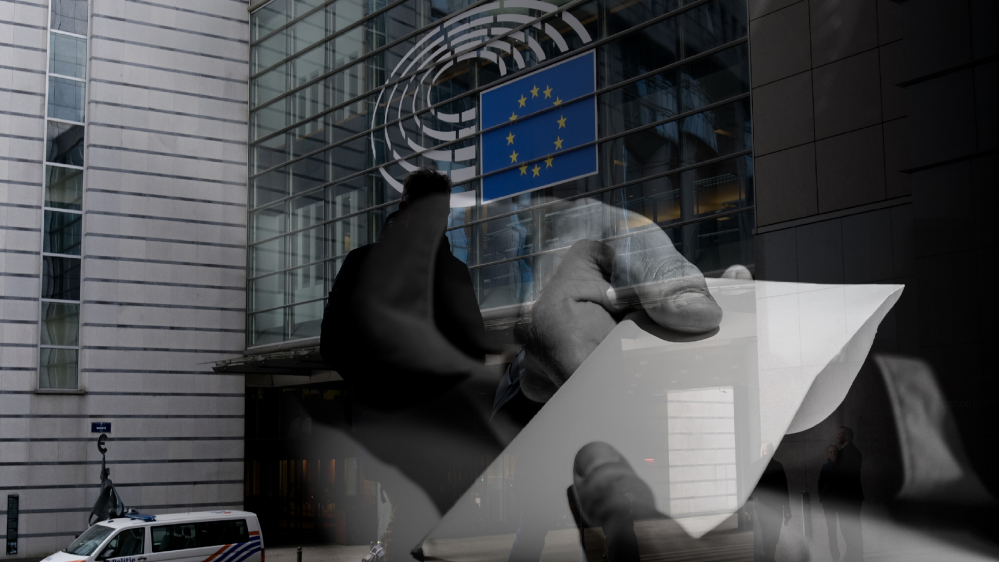This report explores the European Commission’s increasing use of its budgetary powers to promote its political agenda under the guise of advancing ‘EU values’. It reveals how the EU leverages programmes like the Citizens, Equality, Rights and Values (CERV) programme to fund non-governmental organisations (NGOs) and think tanks, many of which are explicitly aligned with the Commission’s vision of deeper European integration. Far from fostering genuine civic engagement, this strategy constitutes a systematic effort to consolidate pro-EU narratives while marginalising dissenting voices. Key findings include:
• Propaganda by proxy
The European Commission channels substantial funding to NGOs and think tanks to advocate for its policies and goals. These organisations, often financially dependent on EU funding, act as conduits for promoting the Commission’s agenda, blurring the lines between independent civil society and institutional propaganda – an approach that may be characterised as ‘propaganda by proxy’.
• Cultural imperialism
The EU’s promotion of liberal-progressive norms, often at odds with the cultural and historical contexts of individual member states, exacerbates tensions and deepens resistance to EU policies in certain regions, particularly in Central and Eastern Europe.
• Democracy undermined
The EU’s funding practices have skewed public debates and silenced alternative perspectives, fostering a one-sided narrative that prioritises supranational integration over national sovereignty and democratic pluralism.
• Promotion of censorship
Under the pretence of combating disinformation, the Commission has increasingly supported initiatives that promote censorship of dissenting opinions, limiting the diversity of public discourse and consolidating control over the flow of information in the EU.
• Foreign interference
In member states governed by conservative and eurosceptic governments, the Commission’s support for local NGOs has extended into interference in domestic politics, undermining or attempting to delegitimise democrati cally elected administrations under the pretext of defending ‘EU values’.
• Lack of transparency
Significant transparency gaps in the allocation and oversight of EU funds raise serious concerns about the misuse of public money, with evidence of funding being directed toward projects that serve political agendas rather than genuine civic needs.
• Impact on genuine NGOs
The weaponisation of civil-society organisations for political purposes not only threatens democracy, but also undermines the credibility of genuine NGOs that play a critical role in addressing societal challenges. These organisations risk being caught in the backlash against the EU-NGO complex, further eroding public trust.
The report concludes that the EU’s use of NGOs as instruments of political advocacy reflects a broader trend of anti-democratic governance. By centralising power within its supranational institutions and sidelining the sovereignty of its member states, the Commission is contributing to the dramatic erosion of democracy across Europe.
